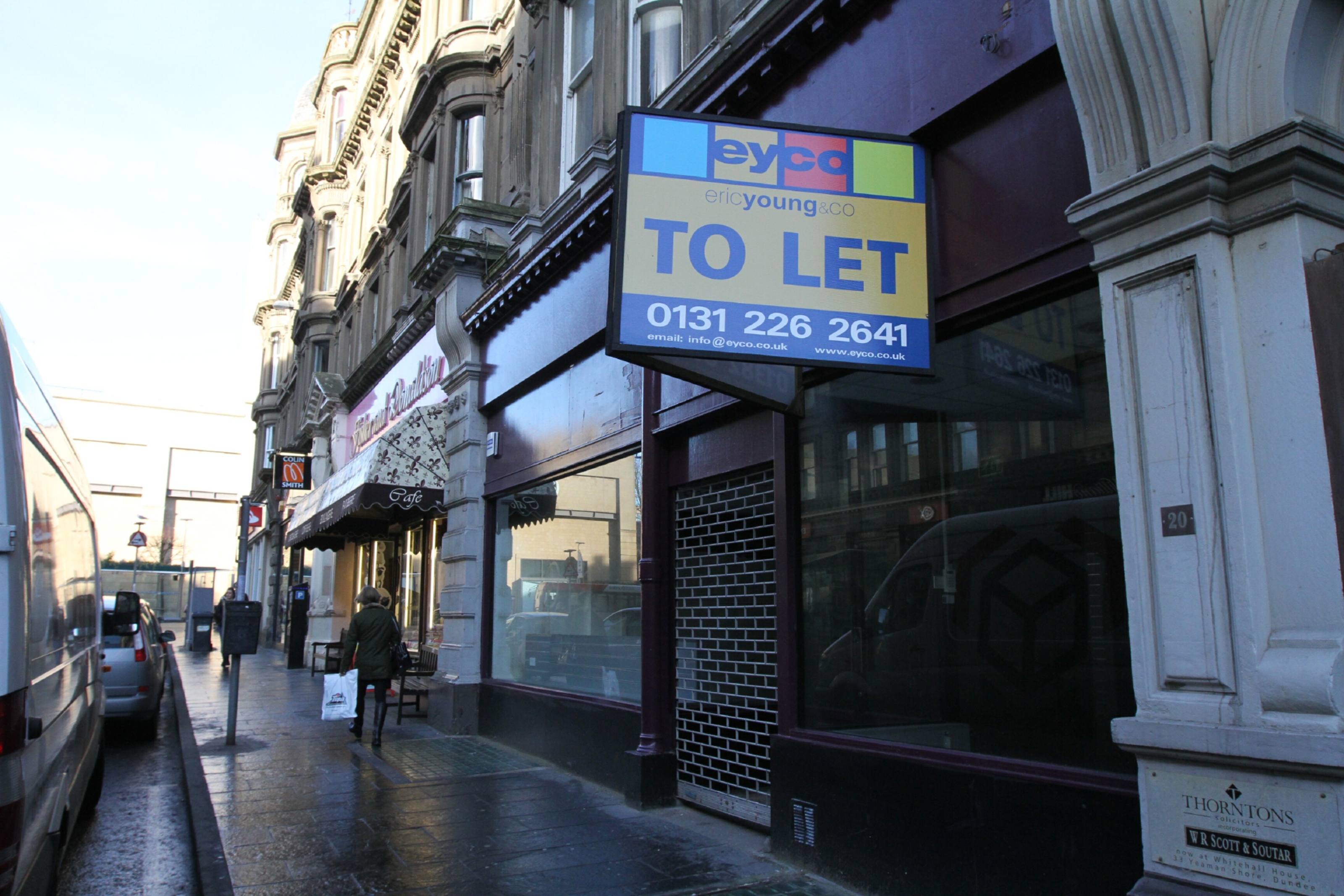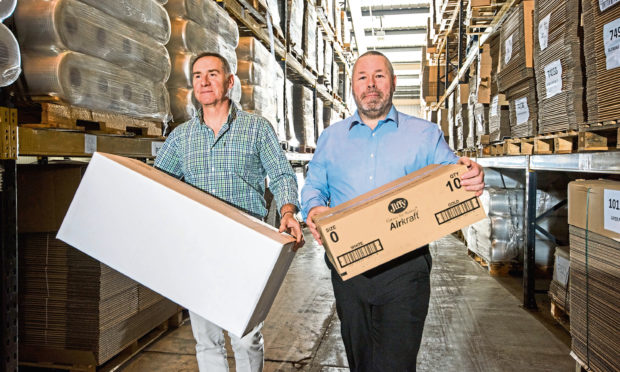Scotland’s shopkeepers are calling on the Scottish Government to put competitiveness and productivity at the heart of its budget and spending review due next month.
In a new paper – Open for Business: Growing a more productive and competitive Scottish economy – the Scottish Retail Consortium has highlighted the profound changes affecting the retail sector.
Detailed policy recommendations across key areas are proposed including business rates, income tax, council tax, business taxation, apprenticeship levy, charges, regulation and infrastructure.
It recommends that Scottish Ministers work with the industry to deliver a retail strategy which sets out a clear road-map for future tax and regulatory changes for the next decade.
It also calls for consumer confidence to be bolstered by keeping a firm grip on personal tax rates, and a re-evaluation of plans for increases in personal taxation in 2017-18.
A fundamental reform of business rates is another demand, and the SRC wants the £62.4 million annual Large Business Rates Surcharge to be scrapped and to restore poundage rate parity with England.
Ensuring firms that pay the Apprenticeship Levy directly benefit from it is also on the SRC’s wish list, along with a call to shelve the mooted Scotland-only “bottle tax” which it says would push up prices for consumers.
The SRC believes that with the devolution of further new powers, along with the uncertainty following the Brexit vote, there is an urgent need for the Scottish Government to support the retail sector and consumer confidence.
The retail industry is Scotland’s largest private sector employer, providing 253,000 jobs.
SRC director David Lonsdale said it shared the devolved administration’s aim of making Scotland the most competitive part of the UK to do business but believed that goal has yet to be achieved.
“This is why we want to see a bold and ambitious Budget with Scottish Ministers using their powers to significantly improve the Scottish economy,” he stated.
He added: “Now is not the time to raise taxes on the vast majority of working Scots, which would of course impact on their discretionary spending.”










